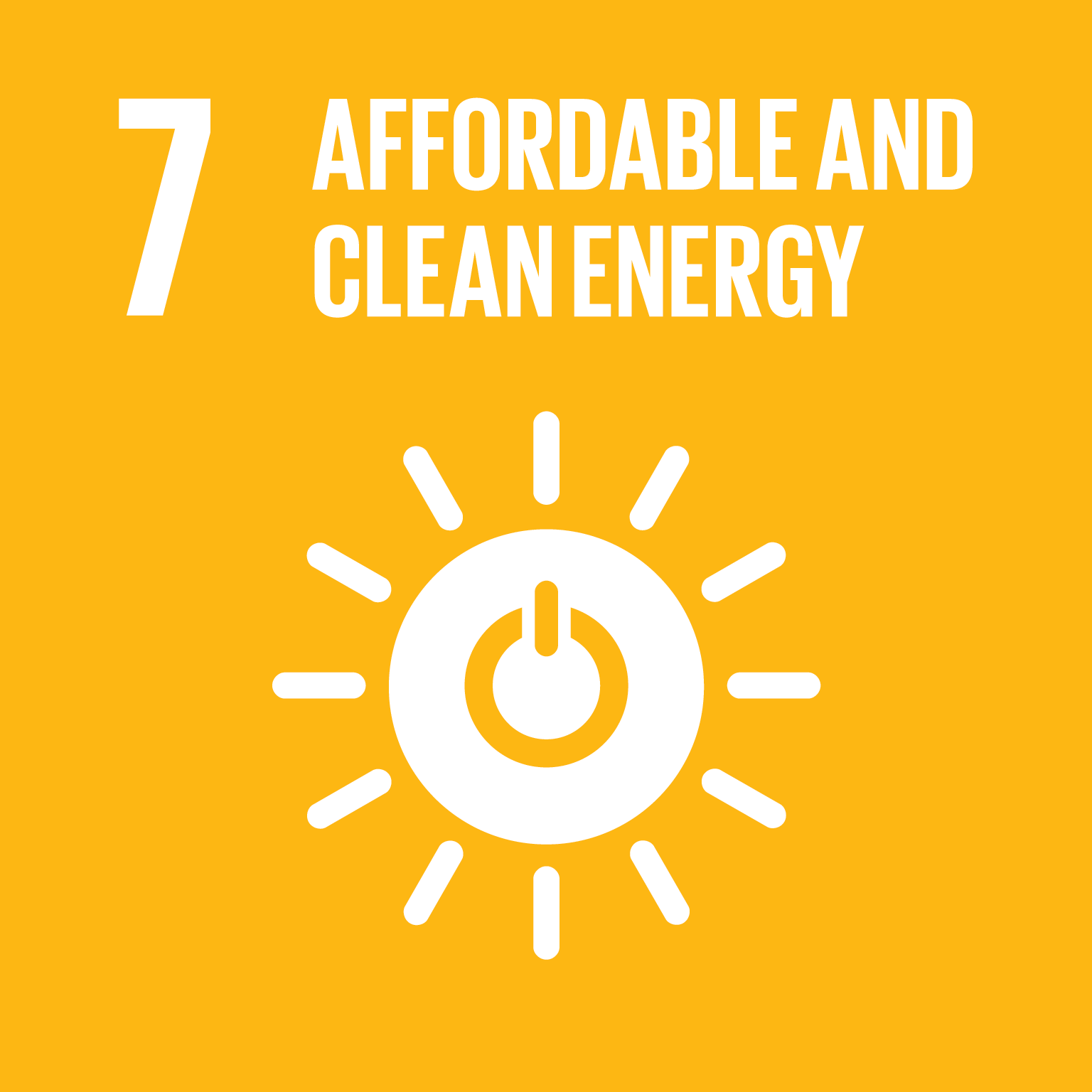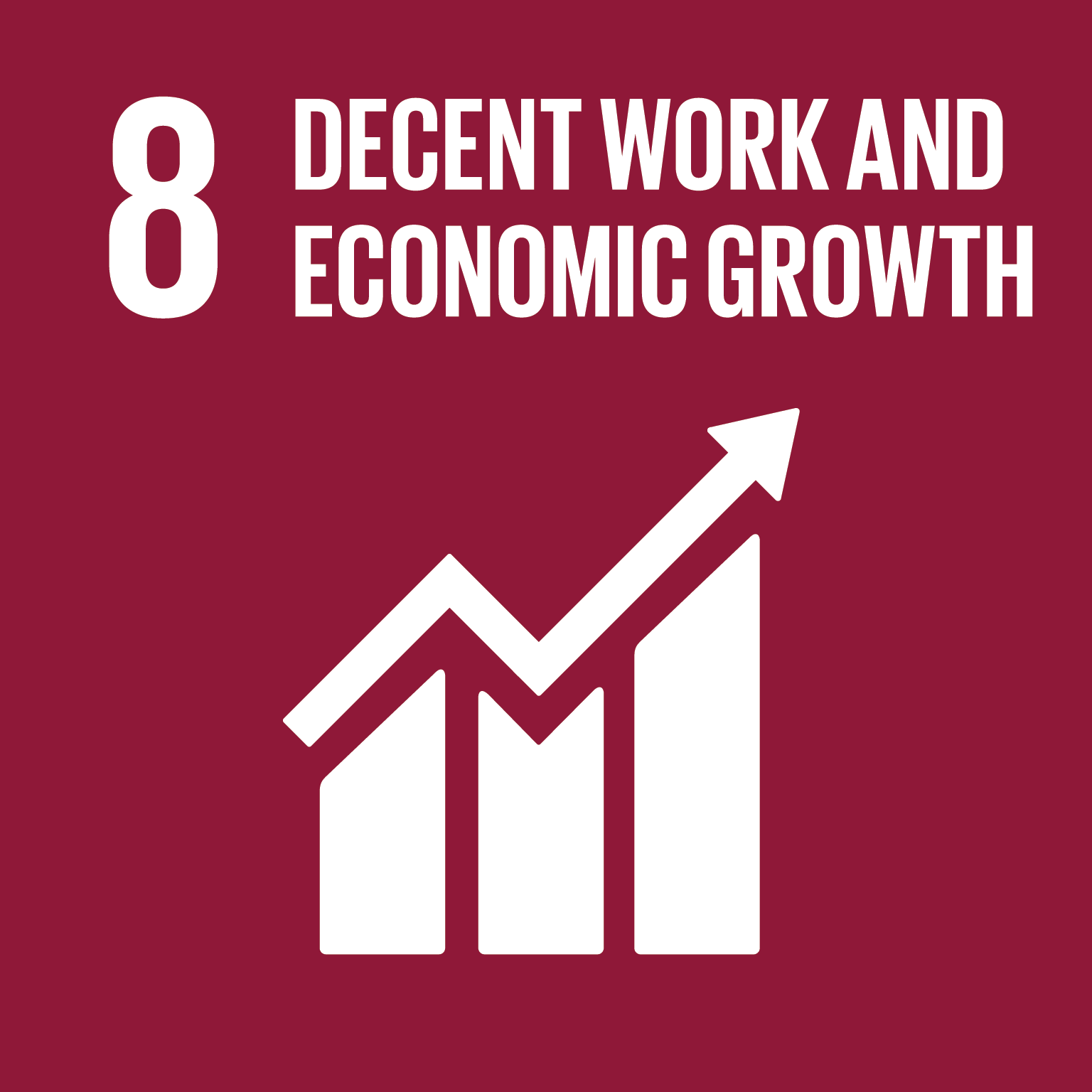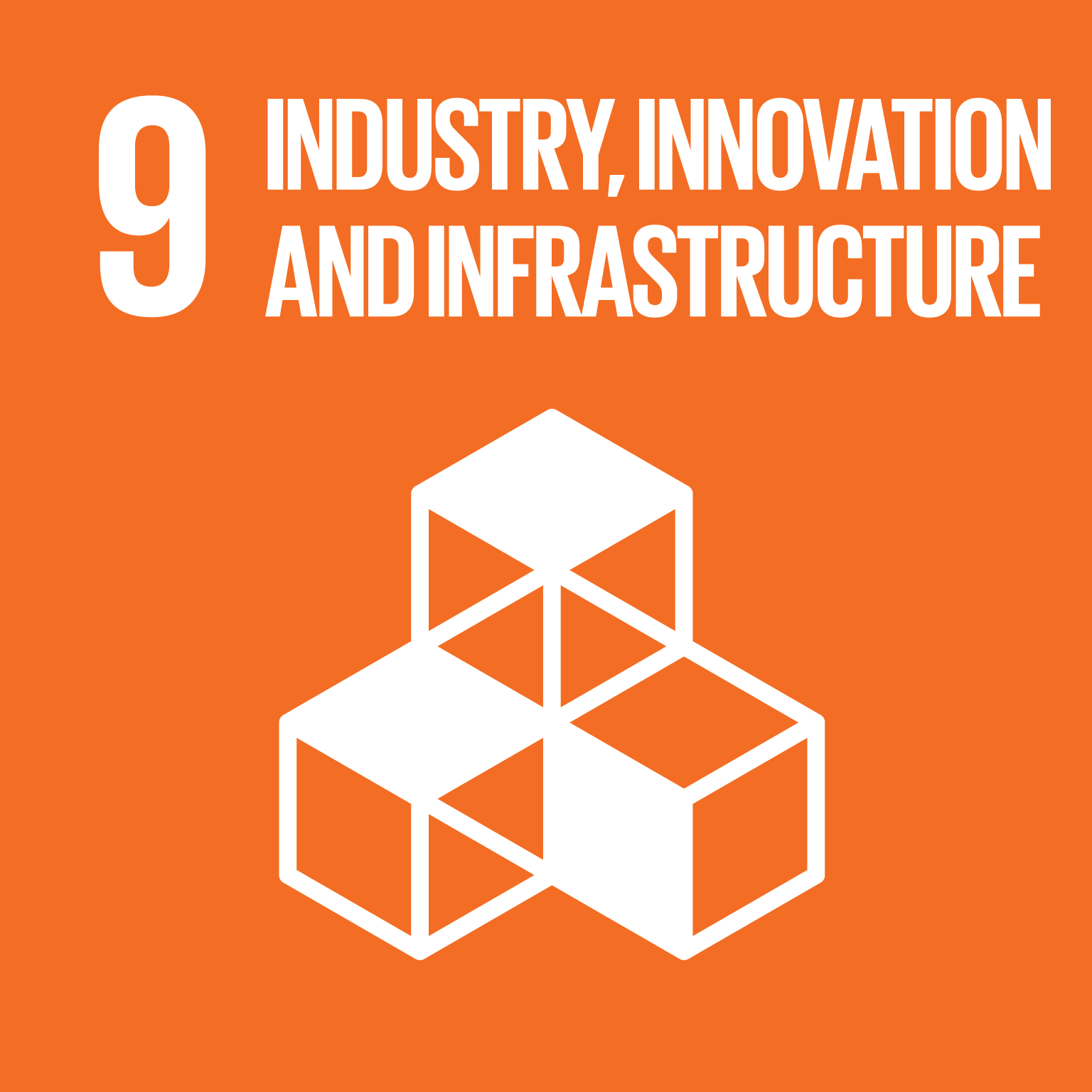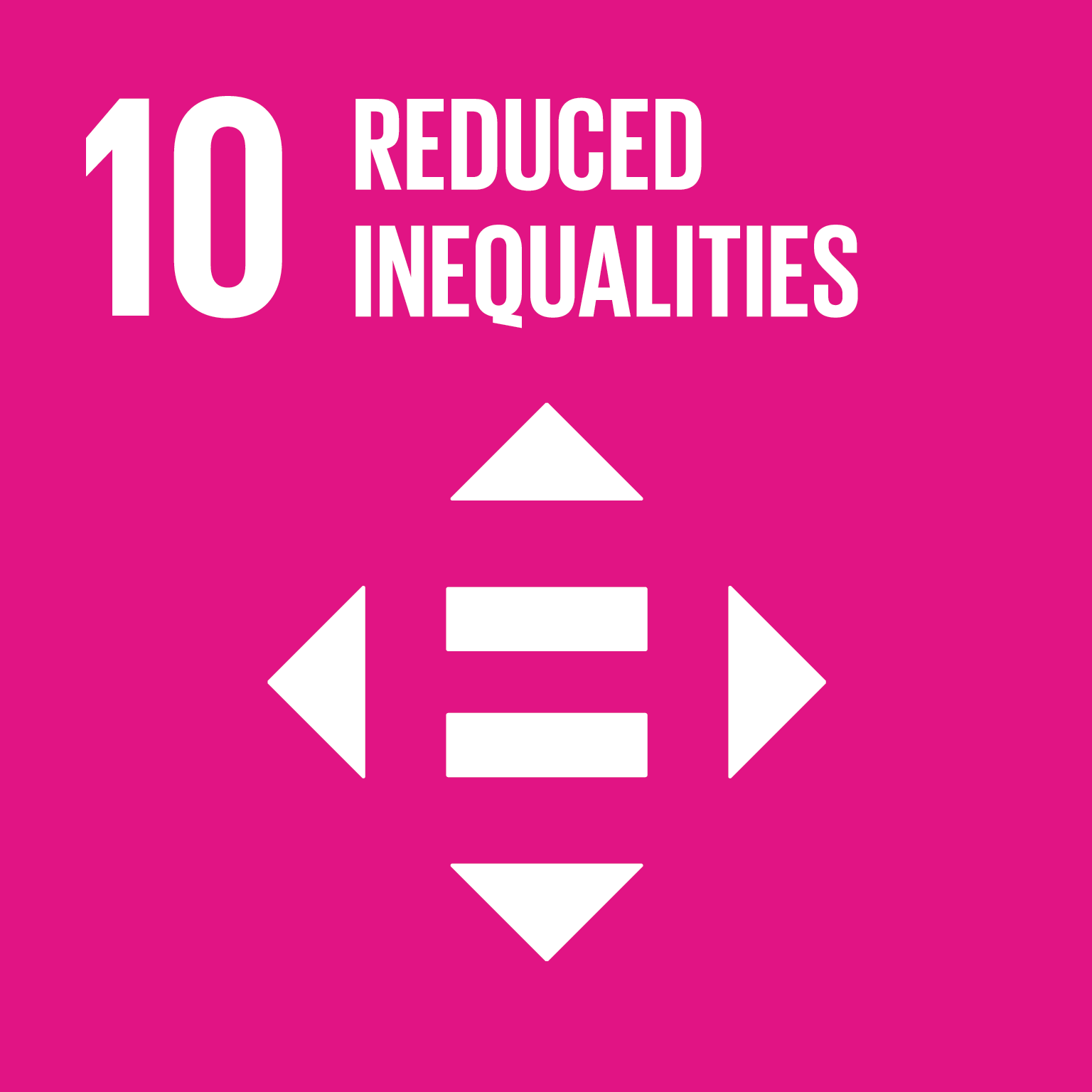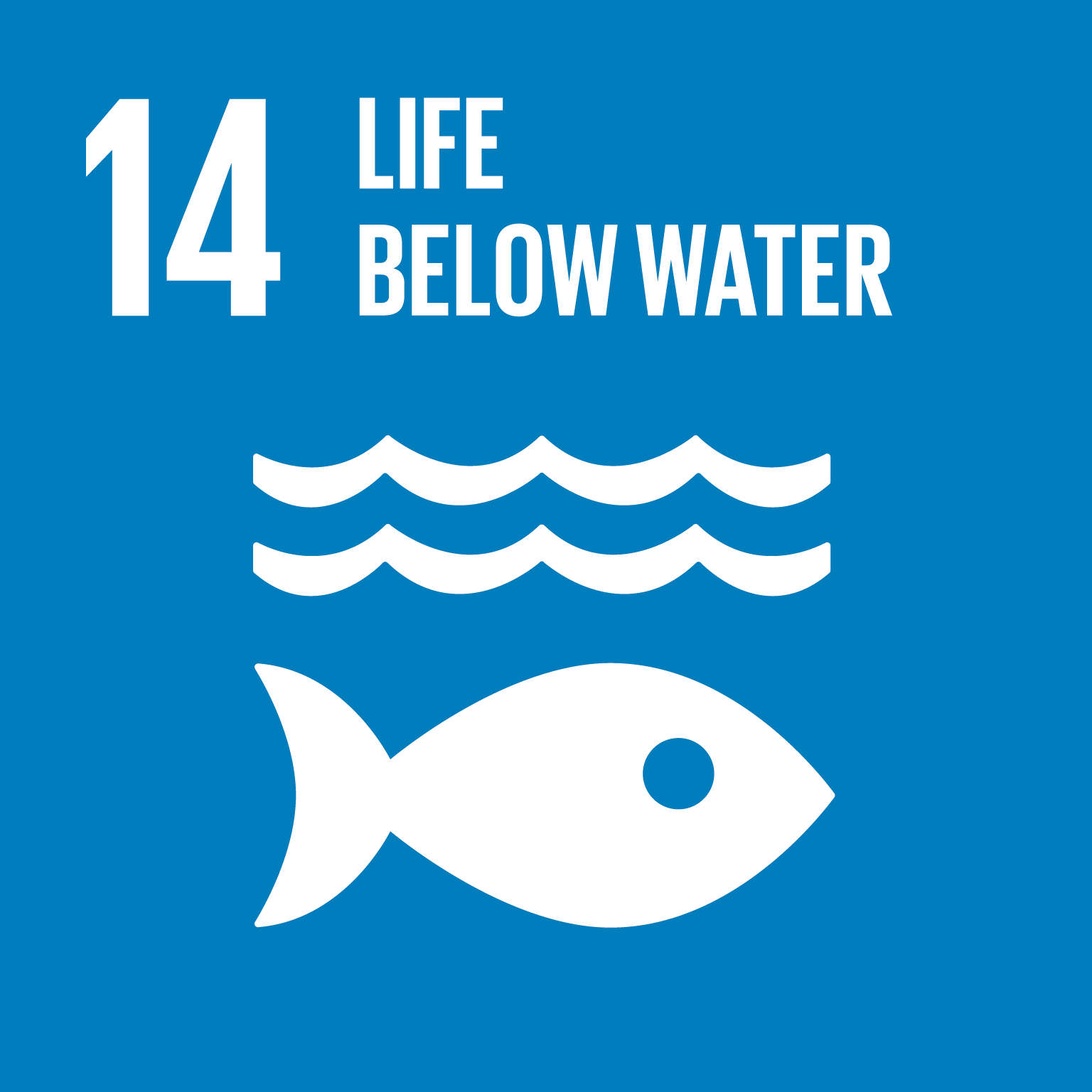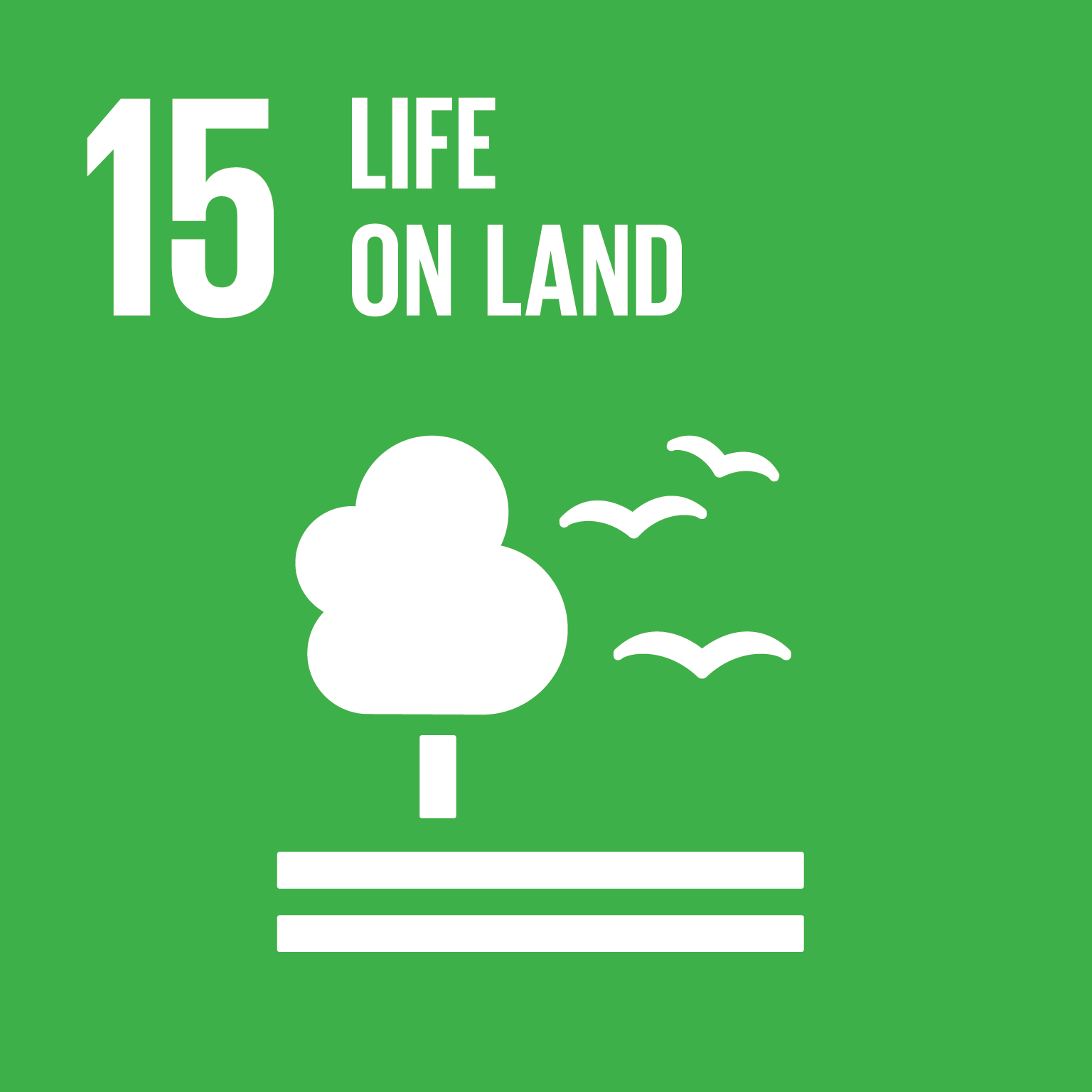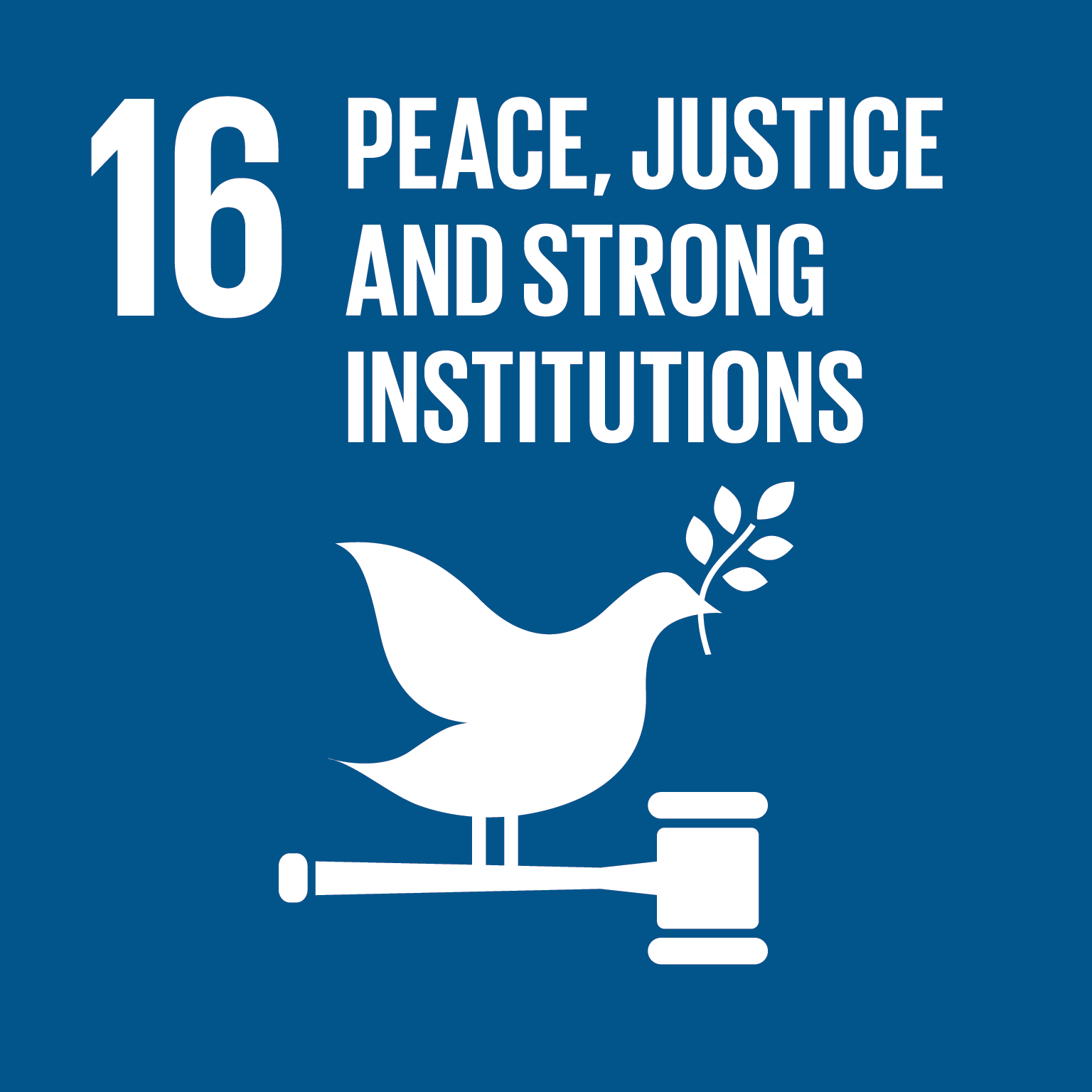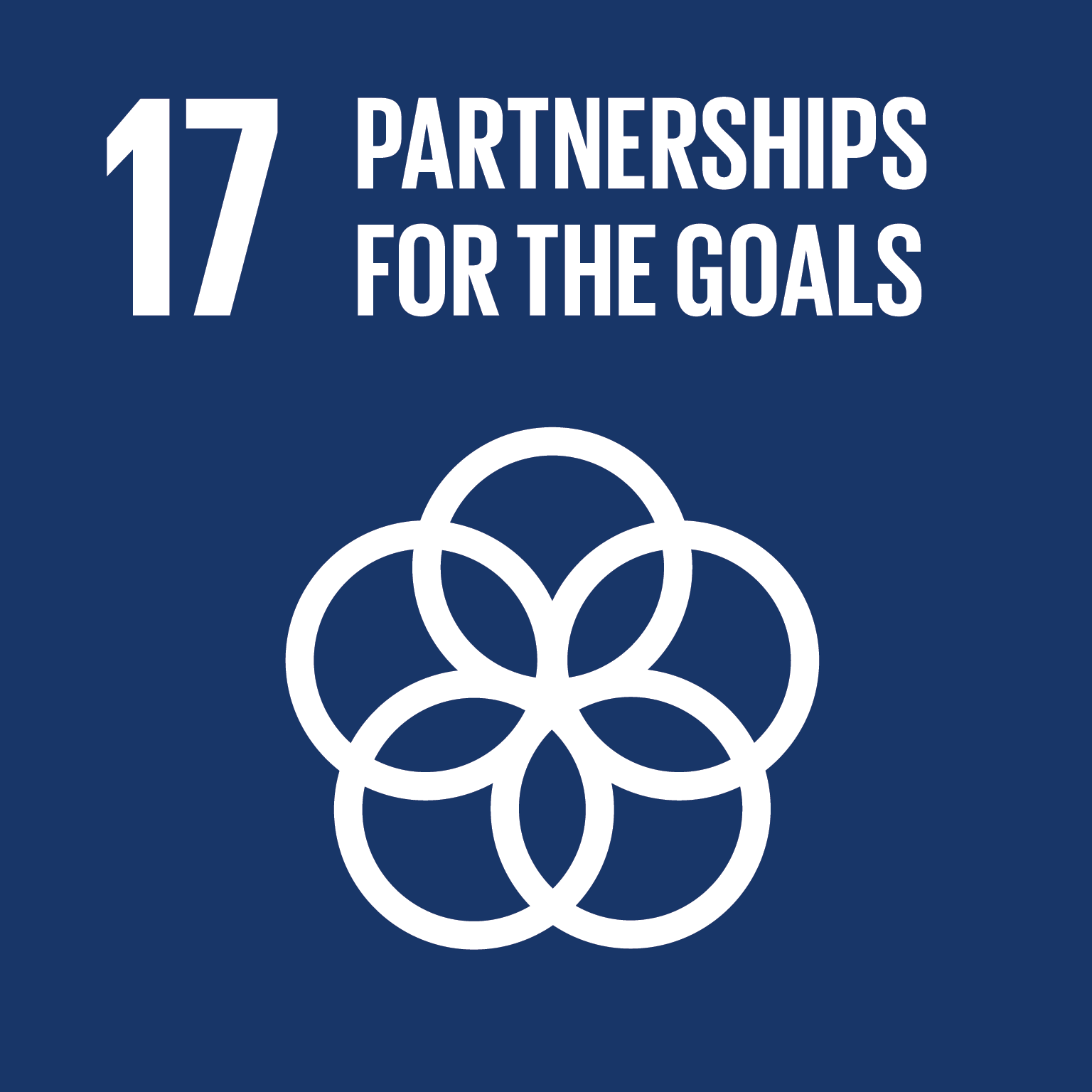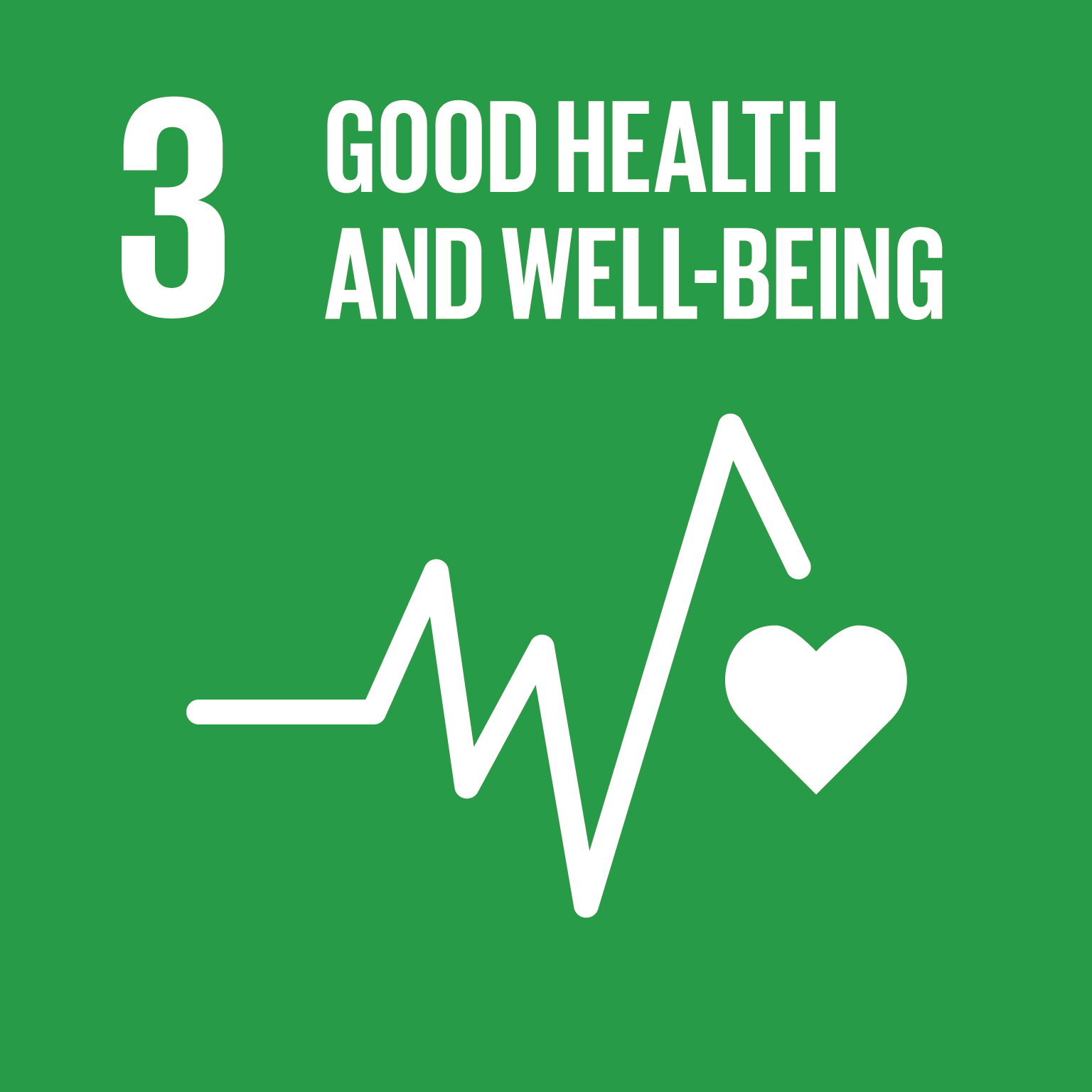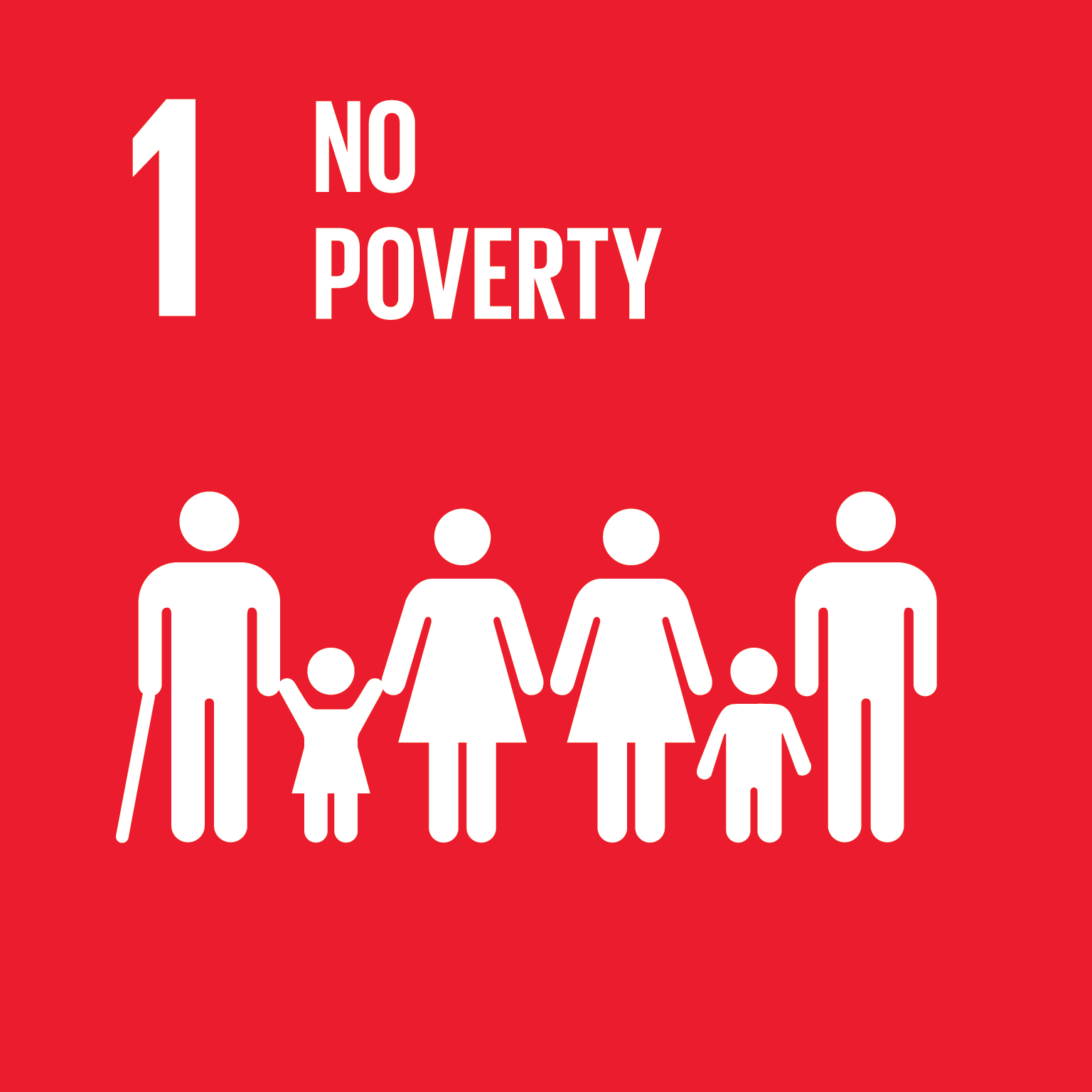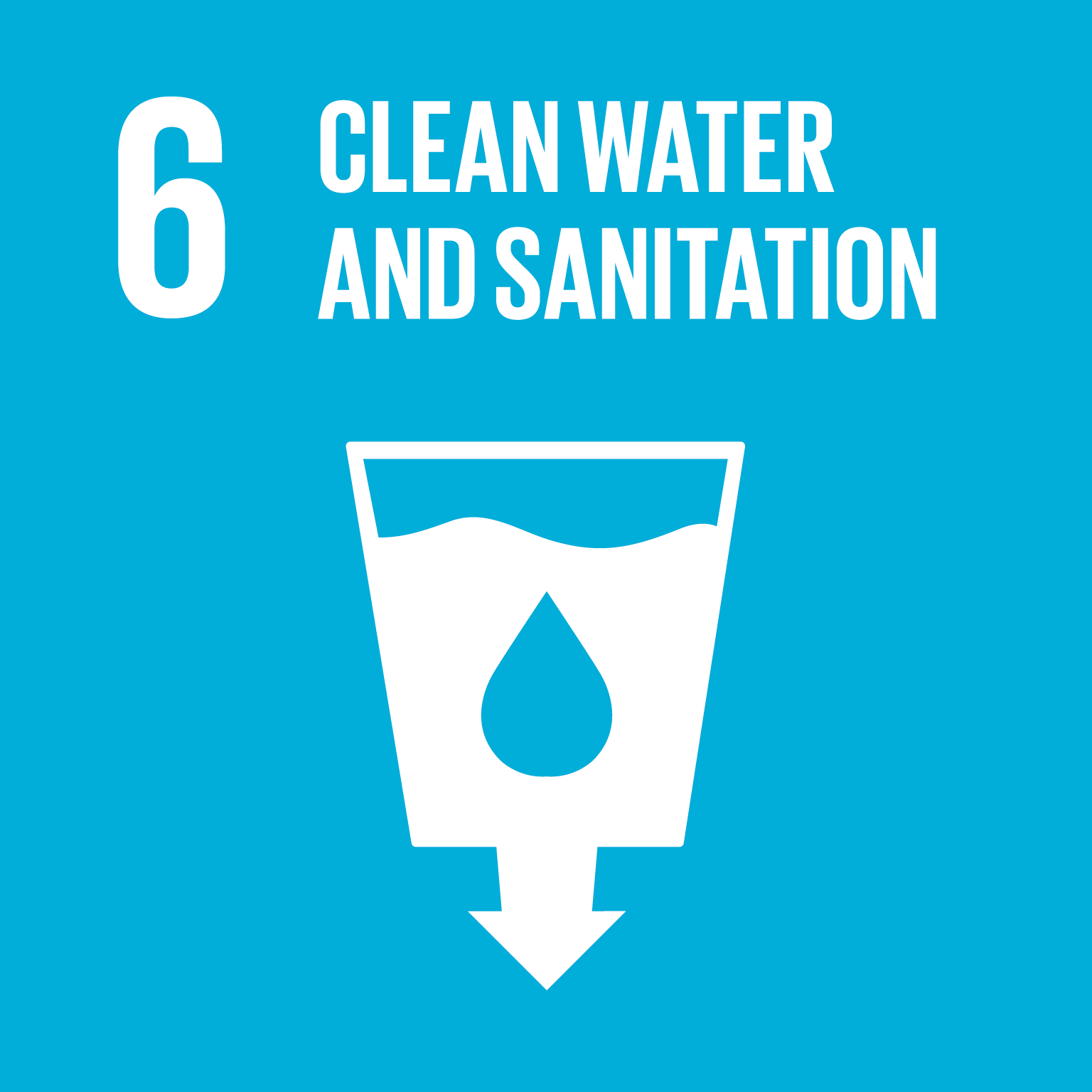Welcome remarks
- Allam Ahmed, Founding President of WASD and Founding Editor of all its journals, gave a warm welcome to all the guests and gave a special thank you to Emerald Group Publishing for bridging the gap in between sustainable development and business management.
- Randolph Cooper, Dean, University of East London, Royal Docks School of Business and Law expressed his longstanding personal and professional (since 1986) interest in Social Entrepreneurship.
Session One:
Chaired by Dr Adrian Rabe, Global Officer, WASD
- Iain Ross, Research Assistant, University of Sussex.
“Creating value to people and the planet: Motivations and the role of connectedness for creating a sustainable venture”.
Covered the opportunities the oceans offer in social entrepreneurship. He highlighted the skill set that social entrepreneurs must have in order to be successful in overcoming the existing physical and social challenges, particularly in the marine environment. These challenges include the lack of local authority regulation, and the effects of ecotourism upon local communities.
“Eramus+ SETLLE Project – Developing social enterprise training across the EU”.
- Dr Bathgate described how Social Entrepreneurship Training via icT Learning Environments (SETTLE) is empowering youth to become social entrepreneurs. At the University of East London, the majority of the students are the first in their families to receive post-secondary education. Their approach is through “gameification” hoping to maintain the attention of the younger generations and contribute to smart, sustainable and inclusive growth and new skills for new jobs strategy.
- Both presenters highlighted the importance of inclusion of local communities through technology and in the formation of social entrepreneurship programs. Iain Ross emphasized the vitality of first hand experiences, and creation of regulations and spreading awareness about how to be successful in business without harming the local environment.
Session two:
Chaired by Nagi Idris, Director, London Centre of International Law Practice
“Inclusive communities and neighbourhoods: A new model for renewal and advancement”
- Making connections Work Ltd. facilitates knowledge transfer, emphasizing the importance of all voices must be heard approach. They tackle the obstacle of including communities from all sectors into the design of social entrepreneurship programs. He highlights the strengths provided by the Sustainable Development Goals, giving countries and local communities a shared platform and uniformity in goals.
“Supporting youth micro-entrepreneurship in Tanzania: Perspective of a Raleigh International Team Leader”
- Geoff King reviewed the activities undertaken while on assignment in Tanzania; where he part of team providing social entrepreneurship and micro-financing training to a small community. While there, they focused on empowering youth to create a sustainable business model that would attempt to tackle the lack of rural opportunities. He highlights the importance of utilizing local and communal resources to fill the gaps in community business. They achieved this by providing skill training in hard, soft and mentorship skills.
- Ronald McQuaid,Professor of Work and Employment, Stirling Management School, University of Stirling.
“Sustaining family business across the generations”
- Unable to present in person, Professor McQuaid, presented through Skype. He covered the challenges in sustainability faced by family businesses; low survival rates, slower growth and management/governance issues. McQuaid gave suggestions as how to navigate and tackle the challenges in survival and performance of family owned business. He gave special emphasis to governance issues and the importance of uniformity in senior management. He highlights the importance in aiding this sector, as it a large creator of employment and multinational development.
- The speakers during the second session focused on governance issues, and the importance of training to empower the entrepreneur. They emphasized the importance of following up and maintaining engagement with the community beneficiaries to enforce the sustainability of the projects.
Session three:
Chaired by Dr Ian Bathgate, Director Centre for Innovation Management & Enterprise (CIME), University of East London.
“Branding and communications in a connected era”
- Dr Wilson highlighted the importance of social media in contemporary social entrepreneurship projects, particularly remaining relevant in real-time. He also highlighted the importance of remaining true to your brand and marketing strategies.
- Christopher Chagnon, Assistant Director, Centre for International Economic Law, Trade, and Development, London Centre of International Law Practice. “Promoting social entrepreneurship: A policy and legal perspective”
- The final speaker concentrated on how governments play a role in social enterprise through policy. The governments role is to promote social entrepreneurship through identifying needs and opportunity sectors, refining the definition of social enterprise, enabling fiscal, regulatory, and market access frameworks, and their role in the financialisation of social enterprise projects. Christopher Chagnon emphasized that governments need to inform the public about social enterprise and how to navigate this rapidly evolving sector.
- Both speakers emphasized the importance of remaining informed with rapidly evolving social entrepreneurship sectors. This sector is highly important and an alternative actor to multinational development.
